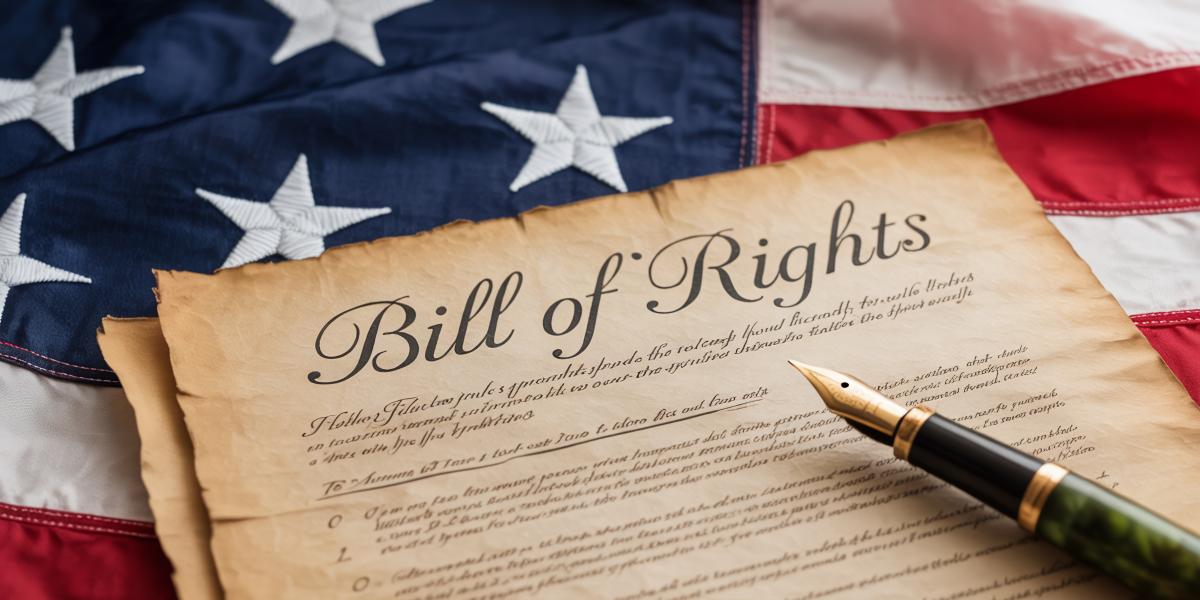Human conflict is an intrinsic part of human nature; it is as natural as tears. As Leo Strauss wrote, in modern society “the original conflict between moral demands and desires remains intact.” Individuals and their various enterprises often have conflictual relations between each other. These can take many forms and are often non-violent.
However, only state actors engage in war, and only modern states engage in modern war. Not only do states alone have the necessary means for war at their disposal, which are not available to other actors in society, but also their motives and interests differ fundamentally with the people’s. Geopolitics, for instance, is generally not considered the realm of the people’s interests, even in ostensibly “democratic” political systems.
Modern War versus Classic War
Since it is important to distinguish between the state and society, it is also necessary to clearly distinguish between “classic” war and modern war. The former was war on a smaller scale in terms of troops numbers and affected area, and the latter is war waged between modern nation-states potentially without limitation, in what is called “total war.” Before the advent of the modern nation-state at the end of the 18th century, most of the population was minimally impacted by war (though there were exceptions, such as the Thirty Years War), whereas modern war tends to impact most of society, directly or indirectly.
With the rise of the nation-state, the demand of the state on society started to increase, including with regard to war. As Rothbard wrote in Anatomy of the State, “a war between rulers was converted into a war between peoples, with each people coming to the defense of its rulers in the erroneous belief that the rulers were defending them.” Indeed, patriotism was used to engage the population and its resources against another nation, but the introduction of conscription also forced young males to take part in the state’s war, in a blatant erosion of individual liberty. Populations also suffer the consequences of modern war; e.g., by becoming victims of the bombings of civilian infrastructure, by the economic consequences that war entails for the involved societies, by having to support incoming refugees, etc.
Libertarianism Contribution
The modern state does not hesitate to use any means to further its objectives of power and control, even if its own population is used. Modern war is just one expression of this fact, and as an example, it can be mentioned that modern US wars hurt the US population tremendously in many ways; politically, economically and culturally. When looking at the causes of modern war, it seems inevitable, therefore, to look at the role of the modern state as the prime instigator. Thus, however insightful Clausewitz’s reflections on war and politics, it should be complemented by a theory of the modern state.
Libertarianism is well placed for this task since it identifies the state as the cause of society’s artificially-created bads (as opposed to goods). As a political philosophy based on the respect for private property and the non-aggression principle, libertarianism cannot in principle accept a war waged by the state, even if an entirely defensive one (if there is such a thing). The state, by its very definition, is illegitimate because it violates private property through its monopoly of violence on a given territory. War destroys society’s wealth and misallocates its resources; it is thus immoral.
However, in practice, there must be nuances. Even libertarians would probably prefer a state’s successful protection of private property on the territory under its control, in a defensive war against an external aggressor state, to the alternative of this private property being successfully violated by such an external aggressor. The latter could happen, for instance, if a “nightwatchman” state or private protection agencies assuring civil defense and rule of law, are not powerful enough to withstand the invasion from an external statist aggressor backed by a full military-industrial complex and a massive defense budget.
Economic versus Political Globalization
Free trade—trade completely unobstructed by national or supranational state agencies—is the main driver for peace between nations. Open, trading societies have an interest in peaceful relations with each other and are therefore naturally more averse to war than closed, autarkic societies. To use a quote often attributed to Frédéric Bastiat, “When goods don’t cross borders, soldiers will.” Economic globalization is therefore fundamentally peaceful in nature.
Protectionism and the tendency towards autarky are both causes and consequences of weak or fraught relations between states, and increase risks of military conflict. This is not surprising since the state’s stakes in society, through its intervention in the economy, introduces a logic of competition against other states. In the free market, private enterprises—not states—compete against each other.
Indeed, peace and prosperity in any society is inversely correlated to the size and power of the state. In a world composed of nation-states, this leads to the conclusion that is the opposite to the process of political globalization; namely, that the world should have as many nation-states as possible—if possible down to the regional and even municipal level—making each one military weak, politically-minded, and surrounded by many neighbors of similar size. The states of the West grew the most during the world wars of the 20th century, acquiring new and more powers of control over society, not least of which was money printing to finance armies, which they had never had previously. This statist interventionism never came back to pre-war levels each time peace returned, as Dr. Robert Higgs explained in Crisis and Leviathan.
The libertarian concepts of secession and self-determination are therefore key in order to reverse the historical centralization process and increase the number of nation-states. Disincentives to go to war can increase in a world of many well-defended small states of similar sizes. War in such circumstances simply cannot take place on the scale and devastation of modern war. Modern history has shown the danger of states becoming so large that geopolitical interests become so expansive as to blur the difference between defensive and aggressive military positions. The extreme case is the US government, which considers, in its hegemonic folly, that it has geopolitical interests spanning the entire globe.
It should be clear now that there is no contradiction between having a realist view of the world and, at the same time, one based on libertarianism. Having a realist’s view of international relations does not preclude also recognizing the importance of the libertarian principles regarding war and the state. Indeed, when the people start massively rejecting the interventions of their own state abroad as well as domestically, the possibility for peace between states comes closer.




























